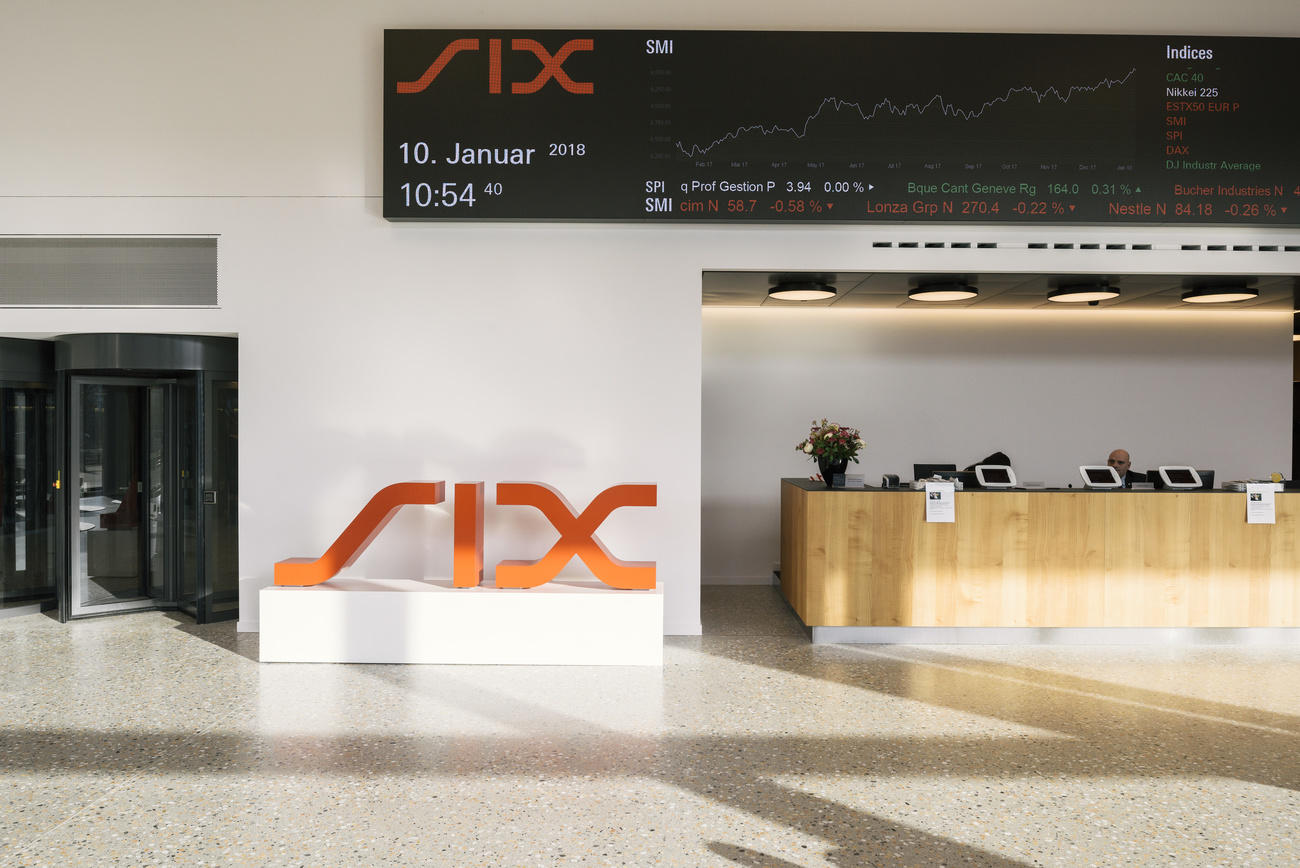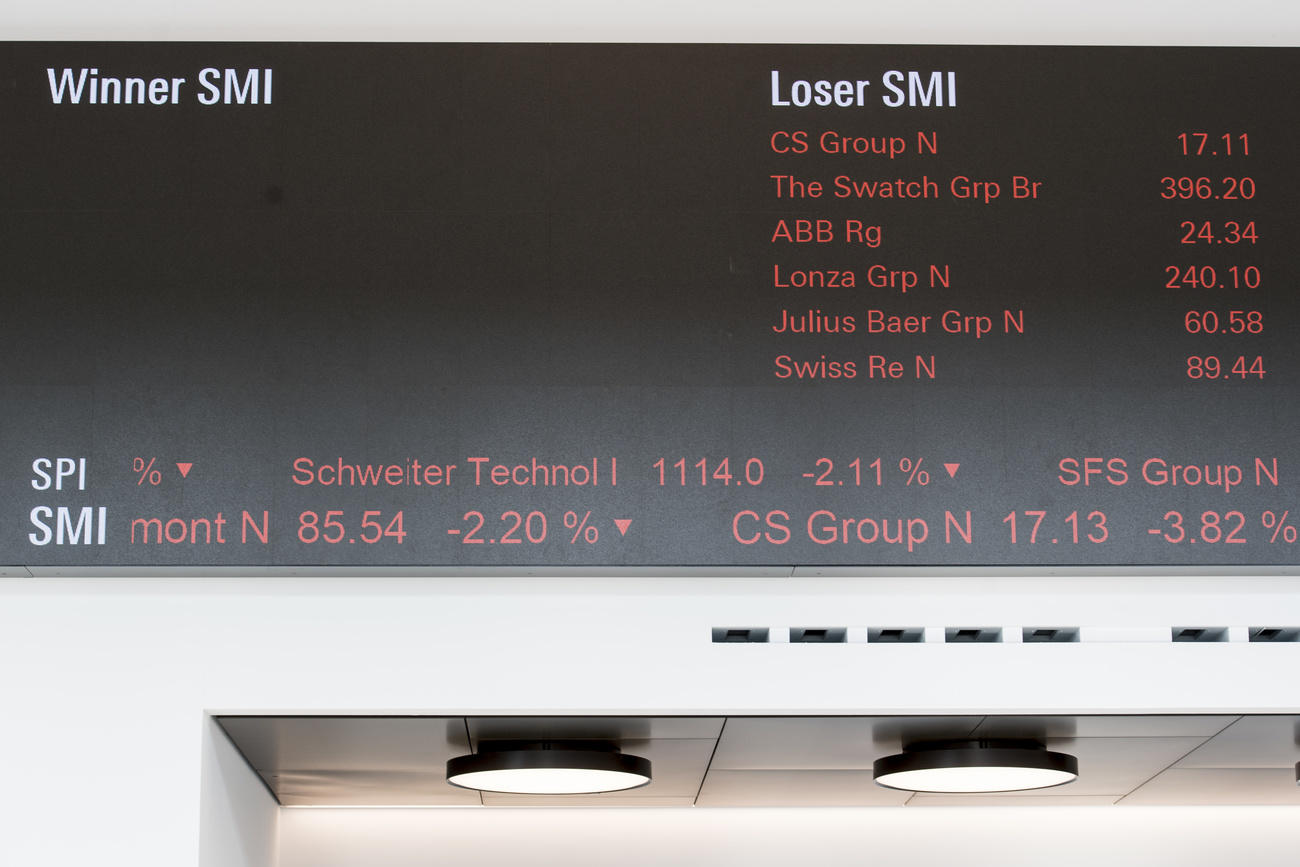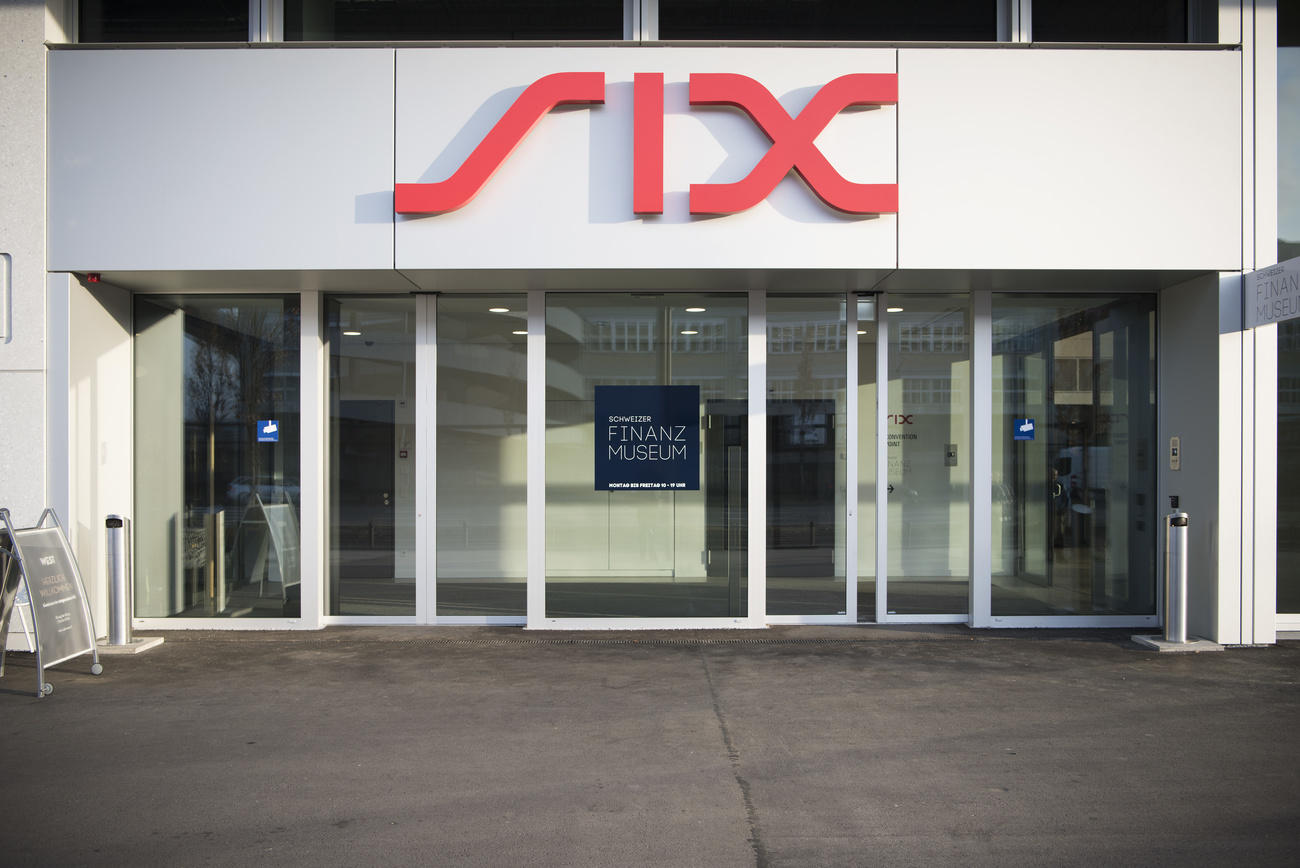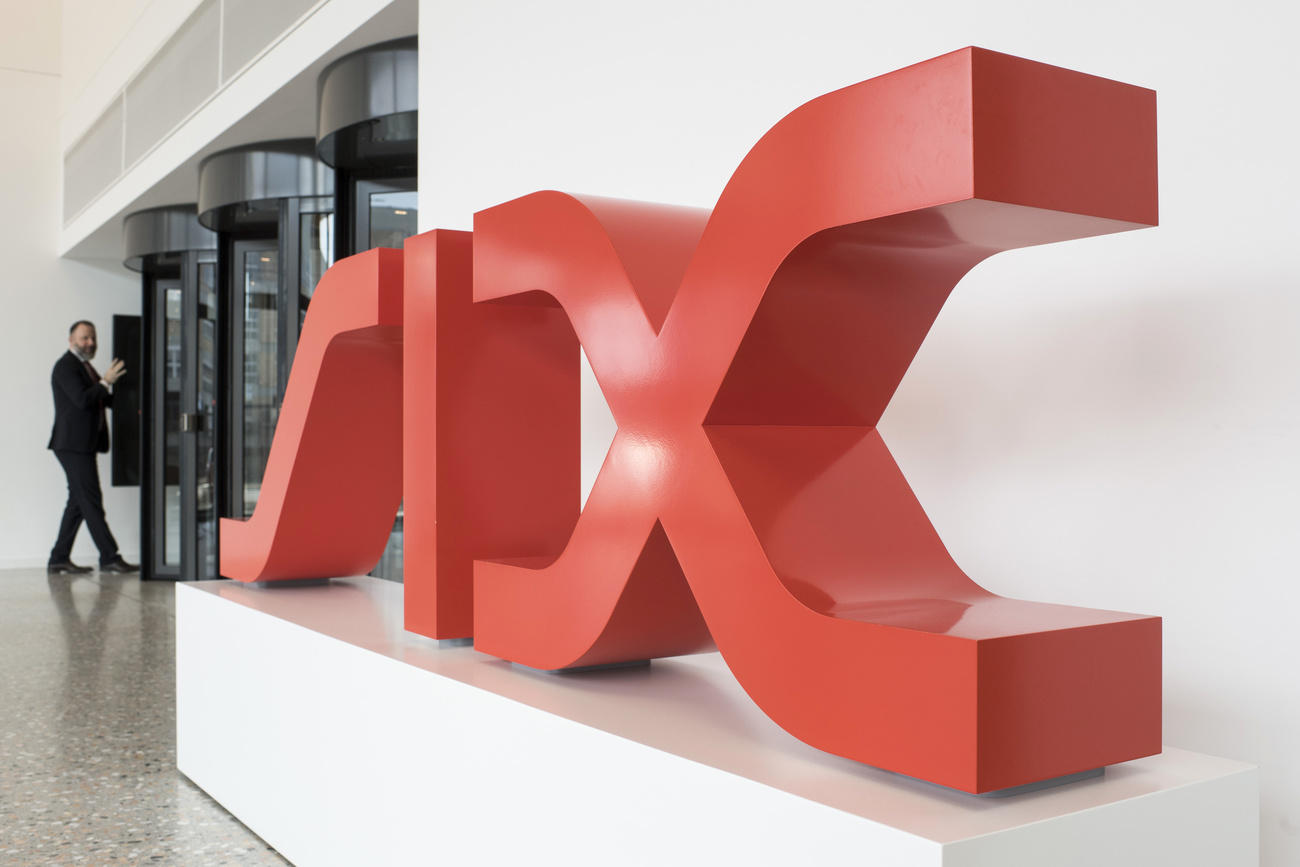Trading costs rise after Switzerland’s loss of EU access rights

Switzerland’s loss of access rights to EU stock markets has concentrated trading in Zurich while raising costs for buying shares in smaller companies, according to research that sheds light on the potential consequences of Brexit.
Banks and fund managers based in the EU were forced to change the way they bought and sold Swiss stocks in early July after a breakdown in political negotiations resulted in a ban on trading hundreds of such shares in the bloc.
Virtu Financial, one of the world’s largest market-makers, analysed $36bn of trades in the eight months to August, covering about 120,000 orders for Swiss stocks and more than 100 institutions — across all types of shares and trading venues including bank-operated private electronic marketplaces.

The loss of regulatory “equivalence” for Swiss stocks reduced investment choices and introduced friction into the market, Virtu said in a paper seen by the Financial Times. It increased costs for buying and selling companies with a small or medium-sized market capitalisation.
“While the impact to end investors from ending equivalence of Swiss stocks is not fully understood yet, we do observe increases in trading costs . . . with small and mid-cap Swiss stocks becoming 20 per cent more expensive.”
Spreads widen
Virtu is one of the most active traders in European markets and also its subsidiary ITG, an agency broker. The data was gathered by Virtu’s analytics unit. Its findings are being circulated to fund managers this week.
Brussels let the “equivalence” status granted to Switzerland and its stock exchange expire following stalled negotiations over a broader economic agreement. Switzerland retaliated with its own ban on trading Swiss equities on exchanges in the EU.
Virtu found that institutional investors shifted business to the main Swiss exchange from dark pools and rivals such as UK exchanges CBOE Europe and Aquis Exchange. Average five-day spreads for Swiss stocks widened, particularly in small-cap stocks.
It also said costs at “lit” venues, marketplaces where prices are transparent, had increased but said “the distribution of costs makes it hard to detect a clear link to the equivalence change”.
Thomas Zeeb, chief executive of the Swiss Stock Exchange, said the volumes on its market had gone up since the equivalence permit expired, but said spreads on deals across the market had reduced by 19 per cent. “Investors have benefited from a single pool of liquidity more than a fragmented market.”
Brexit looms
Investors are keeping a close eye on the impact of the EU’s withdrawal of equivalence for Switzerland and the implications for UK markets, should Britain leave the bloc at the end of October without a political agreement.
Watchdogs across Europe have warned that share trading markets would be split by a no-deal Brexit, but have differed over the best way to prepare.
The EU’s main markets regulator, the European Securities and Markets Authority, has called on UK counterparts to lay out their plans in detail. Britain has urged the EU to issue more temporary equivalence permits to countries and institutions in order to smooth out market dislocations.
Copyright The Financial Times Limited 2019

More
Has the EU scored an own goal with Swiss stock exchange freeze?

In compliance with the JTI standards
More: SWI swissinfo.ch certified by the Journalism Trust Initiative










You can find an overview of ongoing debates with our journalists here . Please join us!
If you want to start a conversation about a topic raised in this article or want to report factual errors, email us at english@swissinfo.ch.